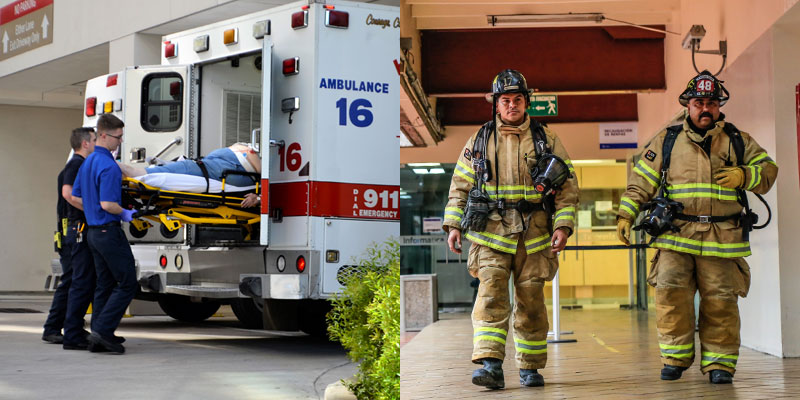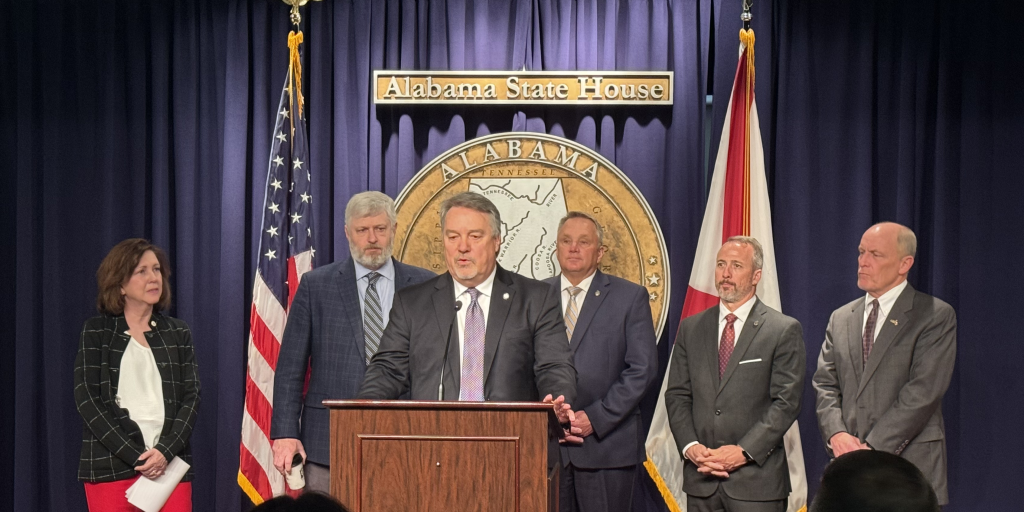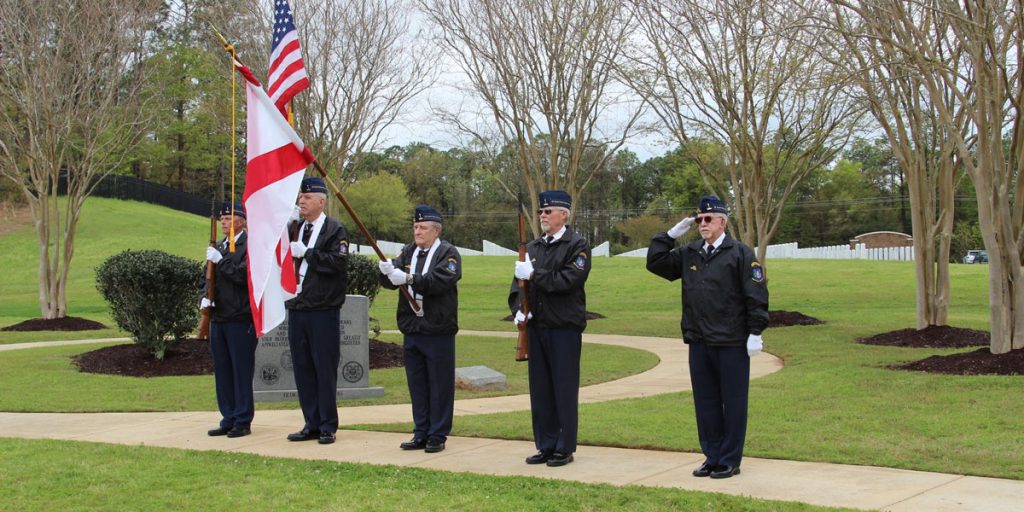TUSCALOOSA, Ala. – Essential to the state’s crisis response service system, first responders can be unprepared to accurately identify mental illness and provide help to people experiencing mental health problems and crises, evidenced by the extremely low availability and adoption of evidence-based practices.
To improve mental health awareness, support and literacy, researchers and social work experts at The University of Alabama are partnering with state agencies to train first responders – public safety, fire, and emergency medical services personnel – to identify, understand and respond to signs of substance use disorders and mental illnesses, particularly serious mental illness and serious emotional disturbances.
Called Project Support: Mental Health Awareness Training for First Responders, the state-wide initiative partners with the Alabama Department of Mental Health, Alabama State Fire Marshall Office and the Alabama Law Enforcement Association. At UA, the effort will be managed by the ongoing VitAL initiative in the School of Social Work.
Funded through a $625,000, five-year grant from the Substance Abuse and Mental Health Services Administration, an office of the United States Department of Health and Human Services, UA researchers will also study the impact of the training on first responders’ mental health literacy.
“Training additional first responders across the state to appropriately recognize and respond to individuals with signs and symptoms of mental distress or illness who they may encounter is crucial to quality mental health care and the mission of the Alabama Department of Mental Health and its providers,” said ADMH Commissioner Kimberly Boswell. “We are very thankful to The University of Alabama and VitAL in partnering with us to expand this vital education and training.”
VitAL oversees a number of state-focused behavioral health projects that strive to study and improve services, policies and social conditions for those with mental health, substance use disorder and trauma-related challenges. The VitAL team currently works with community and organizational stakeholders in all of Alabama’s 67 counties.
“VitAL is passionate about working with and in our communities to help support the needs of the state. This project will allow continued growth in VitAL’s efforts to focus on the unique experiences and needs of our first responders in the field,” said Shanna McIntosh, VitAL Director.
The Project Support team will use Mental Health First Aid for mental health awareness training and de-escalation strategies. MHFA is an international, evidence-based public education program that introduces participants to risk factors and warning signs of mental health and substance use disorders, builds understanding of the importance of early intervention, and reviews common resources.
“The evidence suggests that trained participants will experience improvements in both mental health knowledge and help-provision behaviors, and reductions of stigma in the first responder community,” said Dr. David L. Albright, UA Distinguished Research Professor, Hill Crest Foundation, Endowed Chair in Mental Health Research in social work and VitAL principal investigator.
Only 43.5% of adults with mental illness in Alabama receive treatment from either the public system or private providers, according to UA VitAL research.
“One way to increase community utilization is a crisis response service system designed to stabilize individuals in psychological distress and engage them in the most appropriate course of treatment. In contrast to inpatient-based care, these services are designed to reach people in their own communities,” said Albright, a MHFA research advisor for the National Council for Mental Wellbeing.
Project Support will also strengthen existing referral systems to community mental health services to refer adults with signs or symptoms of mental illness. The Project Support team will also develop resources for the first responders they can give to individuals they encounter who require additional support and referral.
(Courtesy of the University of Alabama)













